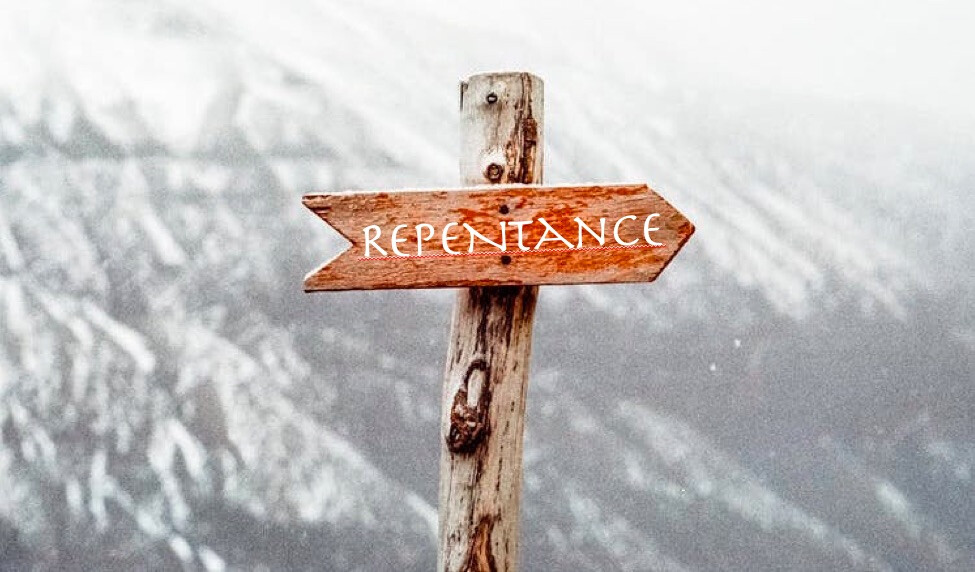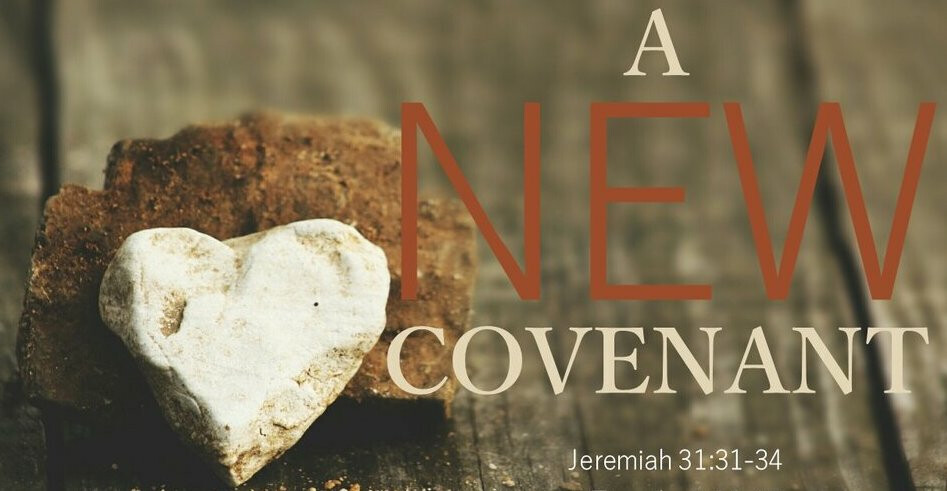Recovering From a Fall Into Temptation

As we have just seen from each lesson in this unit, every person who has walked this earth, including Jesus, has experienced the temptation to sin. Only Jesus was able to completely resist the temptation to sin. Jesus humanly drew upon the strength provided by the presence of Holy Spirit and the Word of God.
Good news! We have access to the same sources of strength! The bad news is that we will be tempted daily, and we will give in to sin. When we DO give in to the temptations dished out by the enemy, our next step is to listen to the Holy Spirit, confess, repent, and return to the Lord. We must find forgiveness.
Psalm 32 for this lesson was written by one who was called “a man after God’s own heart.” King David from the tribe of Judah was the shining star of the Kingdom of Israel. Chosen by the Lord and anointed by Samuel the prophet, this son of Jesse from Bethlehem led well and fought well until one Spring season he decided not to go to war with his men. His biggest war would prove to be the one inside his own soul.
David saw and desired to possess a woman who was the wife of one of his own loyal soldiers. Uriah was in battle at that time and David invited Bathsheba to the palace. Their illicit encounter resulted in her pregnancy with David’s child. In an effort to cover up his own indiscretions, David arranged the death (murder!) of Uriah in battle so that he could have Bathsheba outright.
David is called a man after God’s own heart NOT because he was perfect. Adultery and murder are not common, ordinary sins. However, we must never forget that SIN is SIN. No categories exist that make sin lighter or heavier in the sight of God. David was well aware of his own weaknesses and failures and turned to the Lord to help him make things right again. David left us with the example of what it is like to confess sin to God, to repent of that sin and ask for forgiveness, returning to the Lord. David also showed us that even forgiven sins result in painful and tragic consequences on earth. The child of their union would not survive.
Psalm 51 is said to have been written by David “when Nathan the prophet came to him, after David had gone into Bathsheba.” These are the superscript notes at the beginning of the Psalm. The words of David here are the words of a man with a broken and contrite heart. Be gracious to me, O God. Blot out my transgression. Wash me thoroughly from my iniquity. Cleanse me from my sin. I know my sins. I can’t hide from them or from You. My sins are first against YOU! You are the only qualified, righteous Judge. I was born a sinner! You desire truth from the inside out. Purify me. Wash me. Make me hear joy and gladness. Repair my brokenness. Hide Your face from my sins. Blot out my iniquities. Create in me a clean heart. Renew. Restore. Sustain. Deliver me from blood guiltiness.
Such confession is not revealing to God what we have done. True confession is admitting to God that what we have done is sin against Him and Him alone. The consequences of our actions possibly will affect others, but sin is first committed against a Holy God. Repentance is turning away from that sin and toward Holy God. Forgiveness is the cleansing from the sin.
In both of these Psalms, David uses several words for sin. One is “transgression” which means deliberate rebellion against God. Another is “sin” which means missing the mark and falling short of the target of holiness. Another is “iniquity” which means perverse crookedness. Another is “deceit” or “guile” which both mean falsehood and treachery. Frankly, those words just about cover everything we could possibly to do break the heart of God.
In Psalm 32, David describes the man who is blessed this way: his transgressions are forgiven, his sins are covered, his iniquity is not counted against him, and his spirit is no longer lying to God. The fresh slate of truth and communication is provided by forgiveness. Channels of communication are restored. While our sin has built a wall between us and God, He is always there waiting for us to realize we have a brick in one hand and a trowel filled with mortar in the other because of our deeds. We must be the ones to tear down the self-built wall of separation with confession and repentance.
This does not give us a license to sin but should place within us a sense of ought-ness NOT to sin. Sin literally breaks the heart of God. Unconfessed sin breaks us. The recovery of forgiveness is spelled “r-e-p-e-n-t” and it comes after confession.




Login To Leave Comment